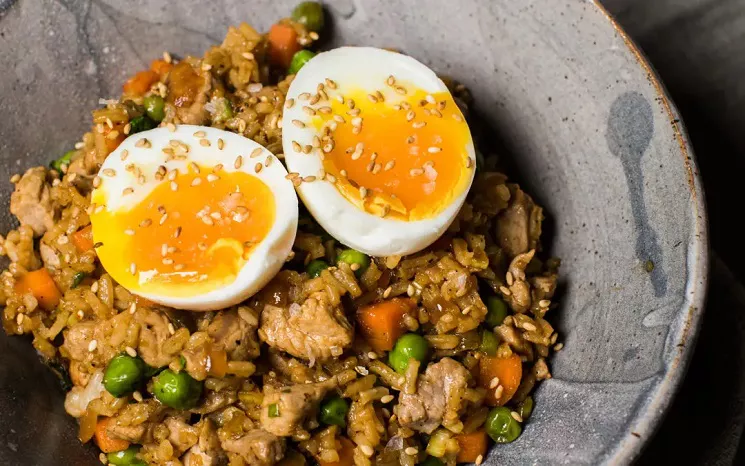Dr. Mike Diamonds, a medical doctor turned online fitness and health coach with a significant YouTube following and the creator of the website Sculpt by Science, offers insights into the most intelligent strategy for harnessing protein’s potential to achieve fat loss and muscle building goals. With a background in medical science and a personal journey of body transformation, Dr. Diamonds is well-positioned to guide individuals on their path to improved health and fitness.
Protein is unquestionably one of the most critical nutrients when it comes to building muscle and shedding fat. Its indispensable role in various physiological processes within the body makes it a cornerstone of effective fitness and nutrition strategies. Here’s why protein holds such a pivotal place in achieving these goals:
1. Muscle Protein Synthesis (MPS): At the heart of muscle development lies protein. Engaging in strength training or resistance exercises induces microscopic tears in muscle fibers. To repair and regenerate these fibers, the body relies on a process known as muscle protein synthesis. Amino acids, found in protein, serve as the essential building blocks that fuel MPS, resulting in muscle growth and recovery.
2. Preservation of Lean Muscle Mass: During the quest for fat loss, it’s crucial to safeguard as much lean muscle mass as possible. An adequate protein intake plays a pivotal role in maintaining muscle tissue while the body utilizes fat for energy during a calorie deficit. This preservation of lean muscle not only keeps the metabolism active but also ensures that the majority of weight loss originates from fat rather than muscle.
3. Increased Thermogenesis: Protein boasts a higher thermogenic effect in comparison to carbohydrates and fats. This means that the body expends additional energy (burns more calories) while digesting and metabolizing protein. This additional calorie expenditure contributes to weight loss by elevating overall daily energy expenditure.
4. Satiety and Appetite Control: Protein exerts a potent satiating effect, imparting a sense of fullness and satisfaction following a meal. This diminished sensation of hunger reduces the likelihood of overindulging or resorting to calorie-dense snacks, making it easier to sustain a calorie deficit for effective fat loss.
5. Nutrient Partitioning: A sufficient protein intake can positively influence how the body allocates nutrients. It encourages the body to preferentially utilize stored fat for energy while preserving carbohydrates for immediate energy demands. This shift in nutrient partitioning promotes a higher proportion of fat loss during calorie deficits.
Dr. Mike Diamonds’ expertise and experience underscore the importance of protein in crafting a well-rounded approach to fitness and nutrition. By understanding and harnessing the multifaceted benefits of protein, individuals can optimize their journey toward achieving their health and fitness aspirations.
In summary, protein emerges as a fundamental element in the pursuit of both fat loss and muscle gain, making it an indispensable nutrient for anyone committed to achieving their fitness objectives.






















